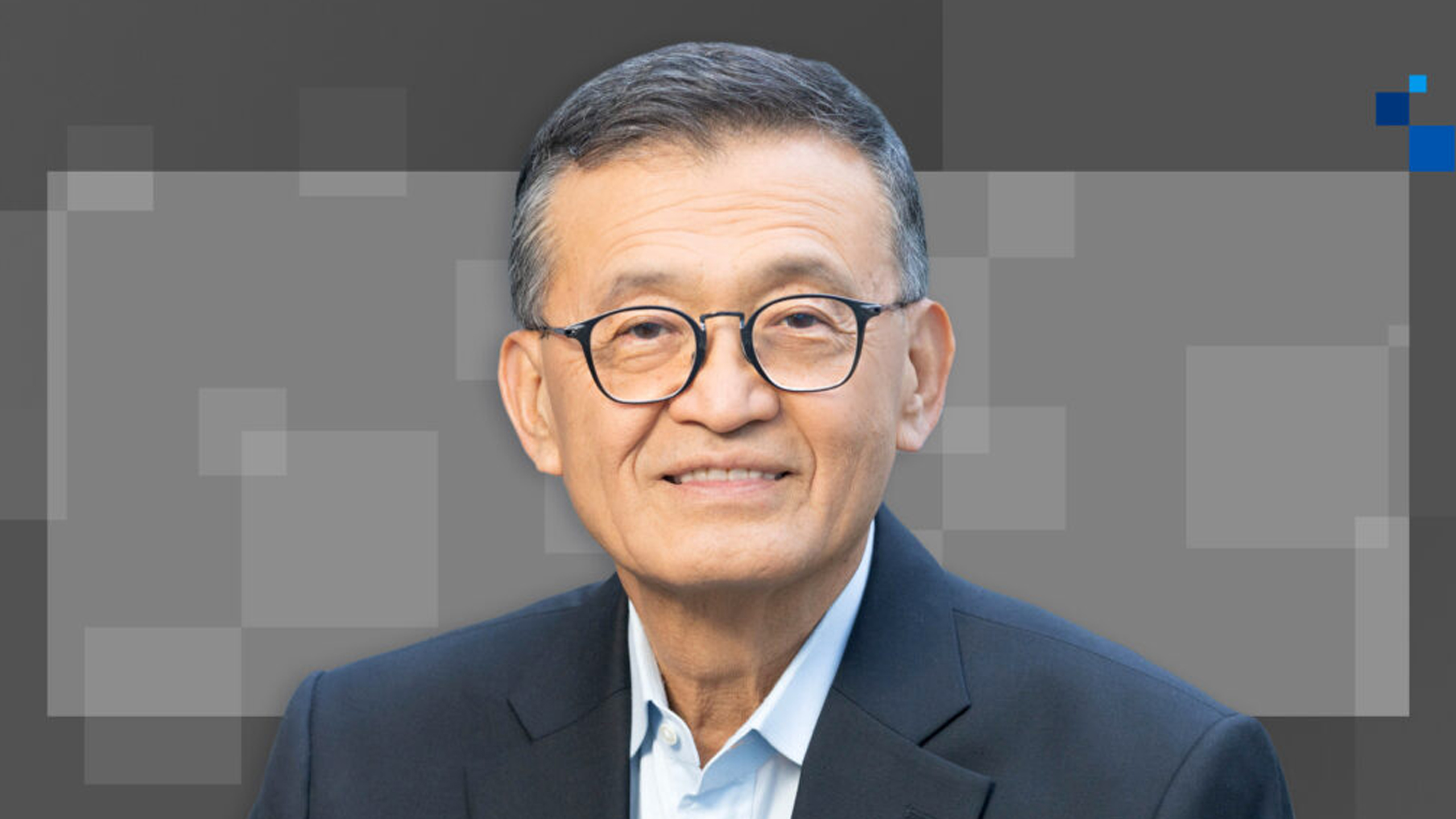Top Stories
Trump Demands Intel CEO Resignation Over China Ties

President Donald Trump has called for the resignation of Intel’s newly appointed CEO, Lip-Bu Tan, citing concerns regarding his previous business associations with Chinese firms, some of which are reportedly linked to the Chinese military. In a post on Truth Social on Thursday, Trump stated, “The CEO of INTEL is highly CONFLICTED and must resign, immediately. There is no other solution to this problem. Thank you for your attention to this problem!”
Following Trump’s demand, Intel’s shares fell by 2.7% to $19.86 in premarket trading, reflecting investor apprehension surrounding the controversy. Tan, who took over as CEO in March 2025, was brought in to revitalize Intel after a challenging period marked by declining sales and slow innovation under his predecessor, Pat Gelsinger.
The scrutiny surrounding Tan intensified after Republican Senator Tom Cotton of Arkansas raised concerns about his connections to Chinese companies and government-linked organisations in a formal letter earlier this week. The letter referenced a criminal case involving Tan’s previous employer, Cadence Design, where he served as CEO until 2021. Cotton expressed apprehension over the implications for Intel’s operations and potential risks to U.S. national security.
In his letter, Cotton specifically questioned Intel’s board about its knowledge of subpoenas sent to Cadence Design during Tan’s tenure and whether Tan was required to divest his investments in Chinese firms prior to assuming the CEO position at Intel. “Intel is required to be a responsible steward of American taxpayer dollars and to comply with applicable security regulations,” Cotton wrote. “Mr. Tan’s associations raise questions about Intel’s ability to fulfil these obligations.”
The senator’s inquiry included whether Intel mandated that Tan sell his shares in Chinese chip manufacturers associated with the Chinese Communist Party and the People’s Liberation Army. A report from Reuters in April highlighted that Tan had invested in several Chinese companies, some of which have connections to the military, either directly or through venture funds.
Despite surpassing revenue expectations in the second quarter, Intel has announced significant cost-cutting measures, which include reducing its workforce and scaling back capital expenditures. Plans for new manufacturing facilities in Germany and Poland have been halted, while operations in Vietnam and Malaysia are being consolidated. Additionally, Tan confirmed that the construction of a much-anticipated chip factory in Ohio has been delayed.
Intel’s strategy for recovery now faces the dual challenge of navigating political pressures and shareholder concerns. Trump’s direct call for Tan’s resignation, coupled with Cotton’s deadline of August 15, 2025, for answers places the company at a pivotal crossroads between technological advancement and geopolitical scrutiny.
The decisions made by Intel’s board and Tan in response to these inquiries will significantly influence the company’s future and its reputation as a secure and trusted entity within the American semiconductor industry. As the situation unfolds, the impact of these developments on Intel’s operations and market position remains to be seen.
-

 Health2 months ago
Health2 months agoNeurologist Warns Excessive Use of Supplements Can Harm Brain
-

 Health2 months ago
Health2 months agoFiona Phillips’ Husband Shares Heartfelt Update on Her Alzheimer’s Journey
-

 Science2 weeks ago
Science2 weeks agoBrian Cox Addresses Claims of Alien Probe in 3I/ATLAS Discovery
-

 Science2 weeks ago
Science2 weeks agoNASA Investigates Unusual Comet 3I/ATLAS; New Findings Emerge
-

 Science1 week ago
Science1 week agoScientists Examine 3I/ATLAS: Alien Artifact or Cosmic Oddity?
-

 Entertainment4 months ago
Entertainment4 months agoKerry Katona Discusses Future Baby Plans and Brian McFadden’s Wedding
-

 Science7 days ago
Science7 days agoNASA Investigates Speedy Object 3I/ATLAS, Sparking Speculation
-

 World2 months ago
World2 months agoCole Palmer’s Cryptic Message to Kobbie Mainoo Following Loan Talks
-

 Science7 days ago
Science7 days agoNASA Scientists Explore Origins of 3I/ATLAS, a Fast-Moving Visitor
-

 Entertainment3 months ago
Entertainment3 months agoEmmerdale Faces Tension as Dylan and April’s Lives Hang in the Balance
-

 Entertainment4 months ago
Entertainment4 months agoLove Island Star Toni Laite’s Mother Expresses Disappointment Over Coupling Decision
-

 Entertainment2 months ago
Entertainment2 months agoMajor Cast Changes at Coronation Street: Exits and Returns in 2025








